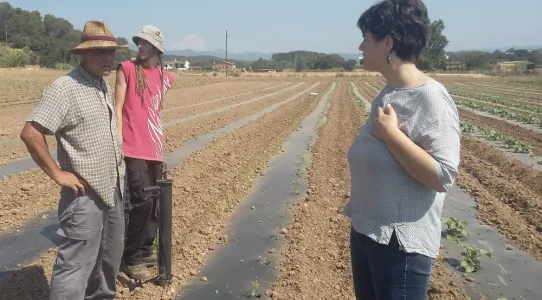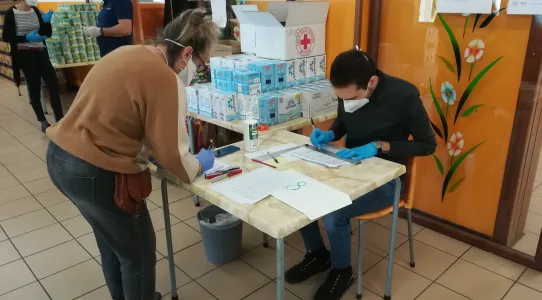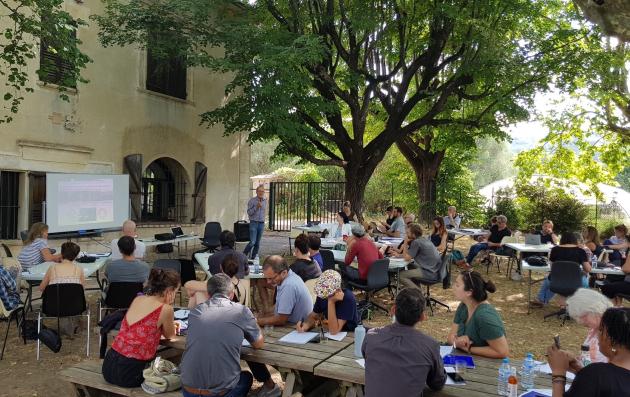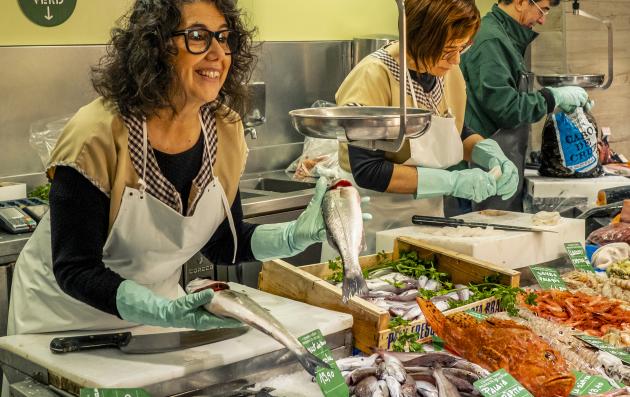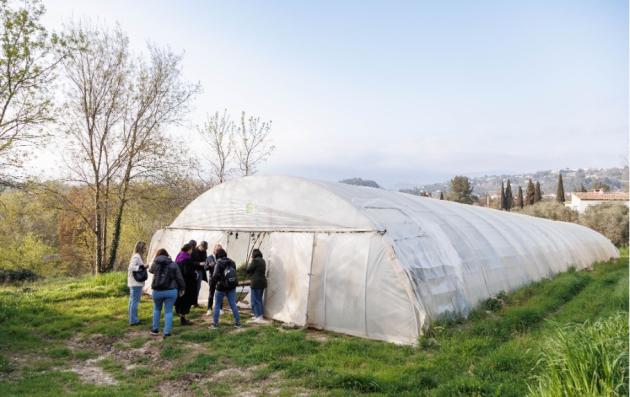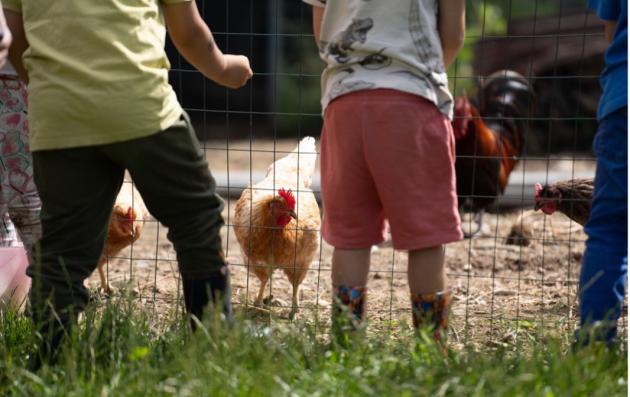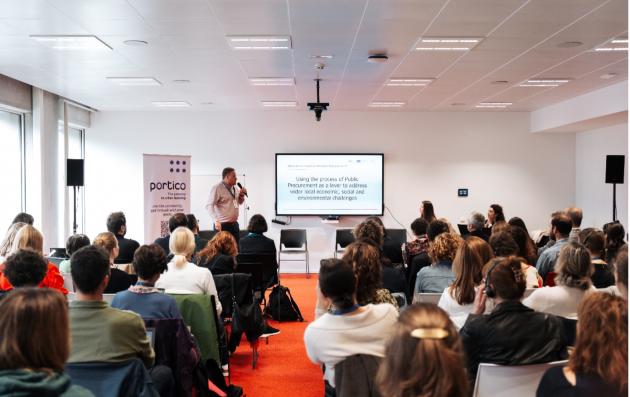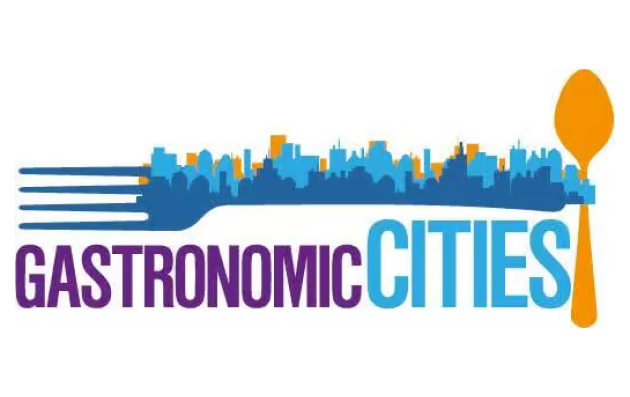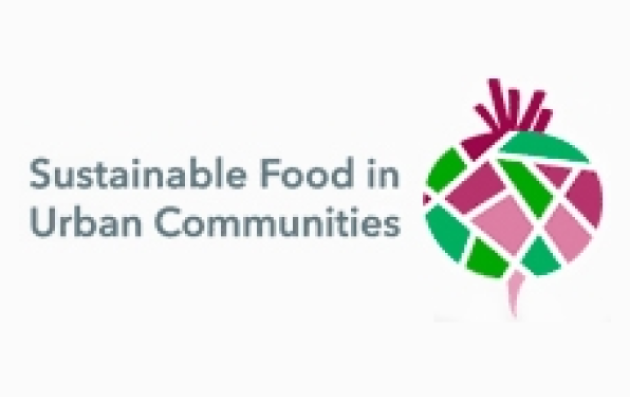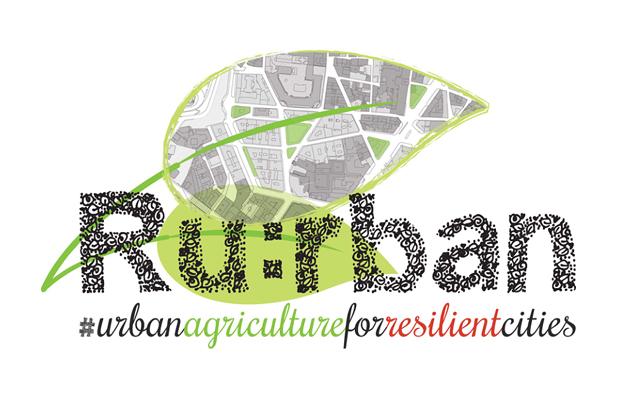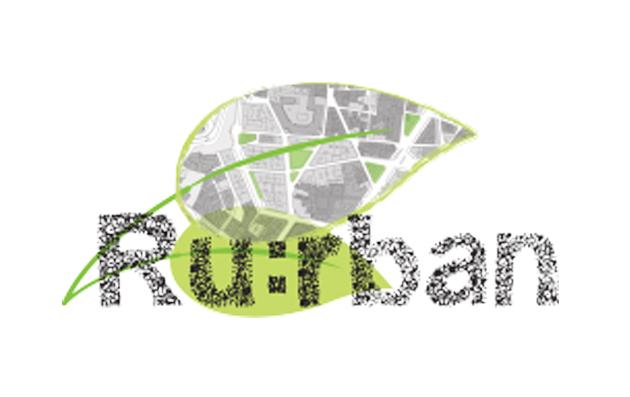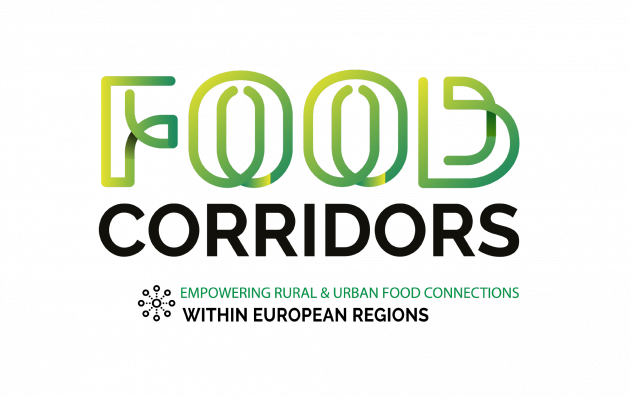Food for thought
The URBACT Knowledge Hub brings together good practices from across the EU, with the latest urban trends, to fill the gaps and make sure that the learning is within everyone's reach. URBACT has supported many working on topics linked to sustainable food and urban agriculture and pulled together their insights to help others take action -- some good food for thought!
- Climate action
- Local economy
- Social cohesion
Check out URBACT's recipe
Below you can find out how cities are making the most with each ingredient, so better, more sustainable and organic cities can thrive.
4. Jobs and skills
How can cities promote educational and professional pathways and develop skills while developing sustainable food ecosystems?
5. Food transformation
From the raw products to the dishes in your plate, how to ensure a healthy and good quality food?
6. Community-building
How to raise awareness about sustainable food and use it to engage?
10. Circular food systems
How to transition towards a more circular and sustainable food system?
See all the key ingredients
Since 2013, URBACT has supported 11 networks to learn from each other on the topics of sustainable food and urban agriculture.
- Food Corridors - empowering rural & urban food connections within European regions
- BioCanteens #1 and #2 - ensuring the distribution of sustainable school meals as a lever towards an integrated local agri-food approach
- RU:rban and RU:rban Second Wave - transferring Rome’s management model of urban gardens
- BeePathNet and BeePathNet Reloaded - enriching the urban jungle with bees
- Sustainable Food in Urban Communities - developing low-carbon and resource-efficient urban food systems
- Agri-Urban - rethinking agri-food production in small and medium-sized cities
- Diet for a Green Planet – addressing the environmental impact of food systems
- Next Agri - creating new skills for new jobs in peri-urban agriculture
Thanks to URBACT, more than 60 cities have led the transition towards more sustainable local food ecosystems. URBACT is pulling together the insights from these cities and beyond to help cities take action.
What is an EU City Lab?
Food systems activities produce greenhouse gases that contribute to climate change. They are a primary cause of environmental degradation and significantly contribute to socio-economic and health inequalities. Only a food systems approach can identify effective actions to accelerate climate impacts and reduce inequalities.
URBACT and the European Urban Initiative (EUI) organise the EU City Labs on Local Food Systems, knowledge-sharing events that provide a unique opportunity to learn more about URBACT and EUI cities' good practices in the field of local food policies.
The next EU City Lab on Land Strategies to Feed the City will take place in Milan (IT) on 23-24 October 2024. Secure Your Spot!

